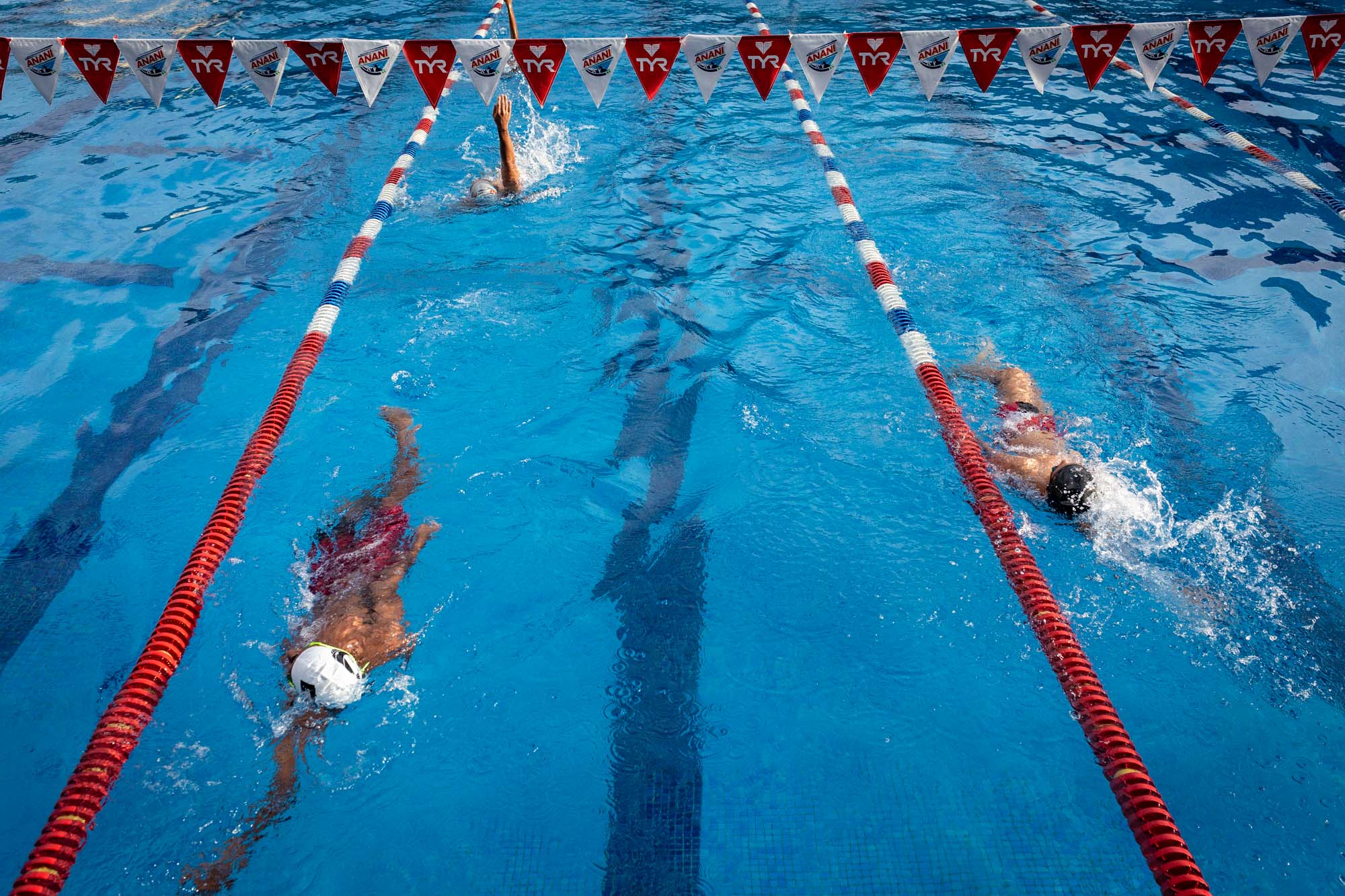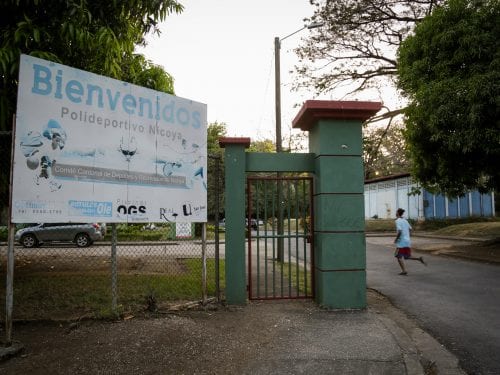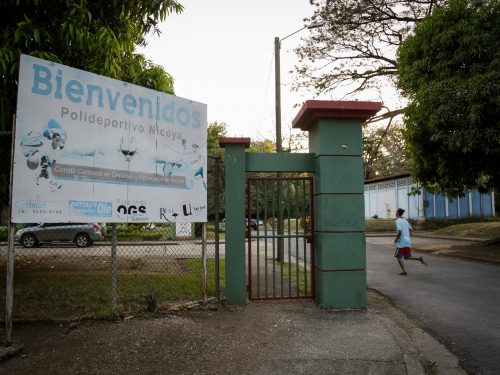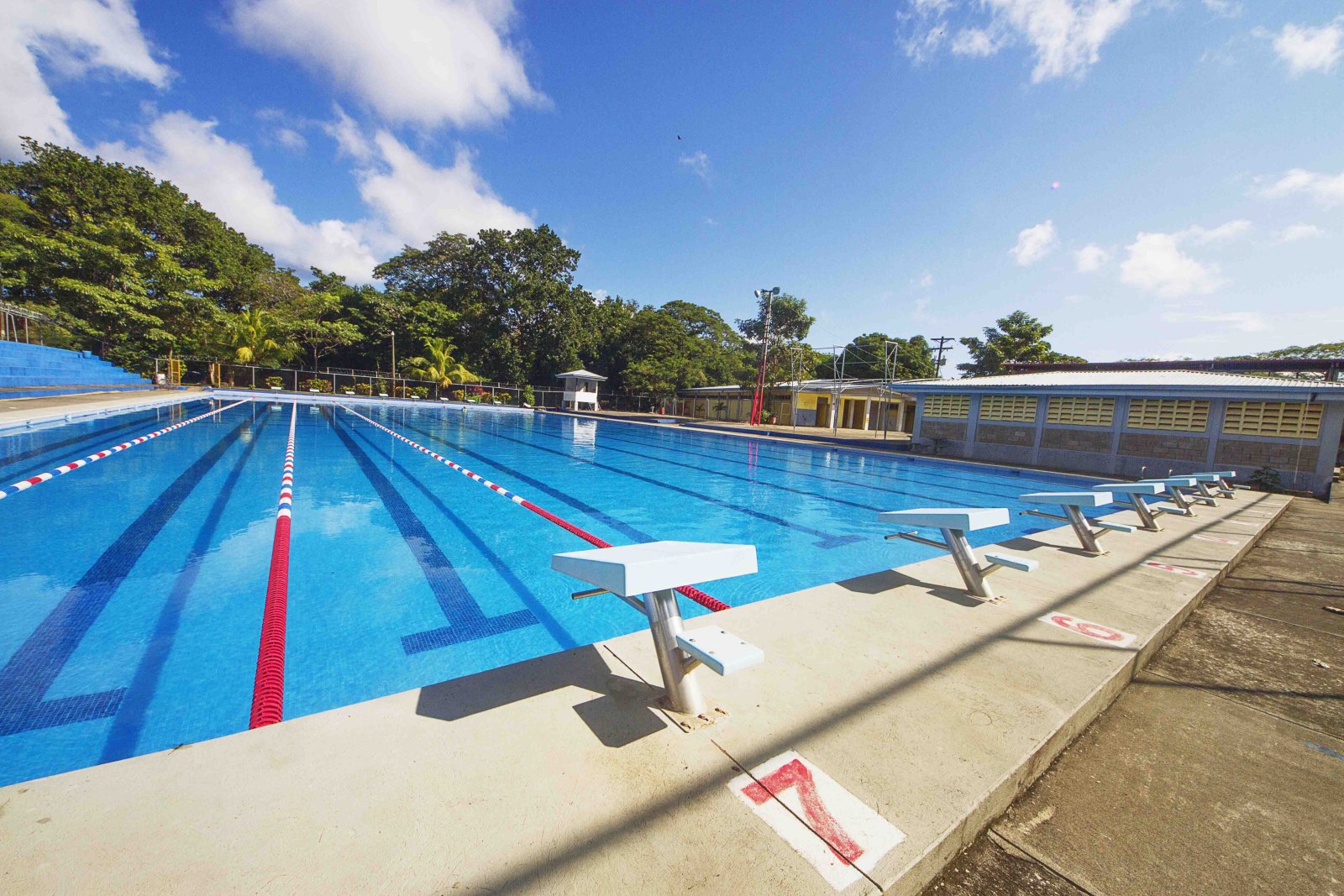
In April, the Nicoya sports complex was home to a tournament that brought together national and international athletes seeking to qualify as the best in the world at their discipline. The Chorotega Cup, organized by the Nicoya Swimming Association (Anani), held it’s tenth edition, an opportunity to bring together 2,000 people in the canton, helping local revenues and hotels and restaurants.
The International Swimming Federation (FINA) approved making this edition a qualifier for the 2019 World South Korea Cup and the Tokyo 2020 Olympics. President Carlos Alvarado and Sports Minister Hernan Solano declared the event of public interest in July 2018 and said that “public and private sectors within the legal framework” could contribute money for the event.
With the approval, representatives agreed that the City of Nicoya would donate $5,000 to help Anani pay for Chorotega Cup expenses and allow the Nicoya Sports Committee to manage the funds.
Now, ten months later, the city still hasn’t transferred the money to Anani because the council promised the donation without complying with a series of requirements. Meanwhile, the association owes about $700 to the Costa Rican Social Security Institute and is looking for ways to collect nearly $900 for swimming instructors.
Anani president Lizzette Quirós says the association had to assume the costs and is now running a budget deficit.
“On April 15 we paid all the judges and the technicians with our money, assuming we would receive city donations,” Quirós said.
We have cut aid for athletes and, unfortunately, we have had to tell them that we can’t pay their transportation or lodging.”
On Monday, September 23, ten months after the agreement and five after the event, the council agreed to suspend the payment until they receive a response from the Comptroller General on what to do.
Clueless
The council made the decision without knowing that the declaration of public interest didn’t give them full authority to donate money and that there were a series of requirements they had to follow.
For starters, sports committees aren’t authorized to transfer money to associations, only materials, equipment and machinery, according to article 170 of the City Code.
Additionally, the city could donate money to the Anani as long as it is registered as an association and has a public utility declaration from National Institute for Sports (Icoder in accordance with article 59 of the Costa Rican Sports and Recreation Institute Law. The Voice of Guanacaste verified Icoder and Anani don’t comply with this last requirement because the government decreed the event as “public interest” and not “public utility.”
A Legal and Communication Void
The council started to take charge of the problem until Monday, May 27 when representatives from Anani attended a hearing and said they hadn’t received the approved money.
The mistake was in legal counsel. City hall didn’t tell us that the payment couldn’t be made, and we didn’t insure it,” representative Griselda Pérez told the Voice of Guanacaste.
She and fellow representatives Karen Arrieta and Jhonny Gutiérrez formed a special committee to fix the mistake.
The lack of awareness of all involved was so bad that a week before the competition the sports committee made a payment of almost $900 for medals and trophies for the Chorotega Cup. That same month, the president of the committee Ernesto Baltodano was designated as city financial director and realized the committee wasn’t allowed to give money to associations, so he halted the remaining transfers.
“The legal department (at city hall) issued an opinion (from another case) that says that they can’t give funds to an association,” Baltodano said. “I looked into it and saw the city code and rulings from the comptroller prohibited giving funds to an association if there is no agreement.”
When the problem arose, city council legal advisor Gerardo Carvajal researched the requirements and realized that an agreement is necessary, as Baltodano said, as well as compliance with the requirements in the city code and Icoder Law.
Now What?
City financial adviser Alberto Vega says the situation is complicated for the city because the event already happened. “From a budget perspective, you can’t transfer money for an event that already happened.”
On the other hand, the city adviser says that he is still looking for a solution to the problem and that one possibility is to correct the payment for the next edition once Anani obtains a declaration of public utility.
According to Icoder sports director Gabriela Schaer, applying for public utility takes about three weeks. Anani could have filed the paperwork so the city could transfer the money if the council, city hall and the committee or Anani had found out what requirements they needed to follow in November, when the representatives reached the agreement.
But Anani is looking for a solution as soon as possible. “We have believed in negotiation and dialogue, but patience has a limit. We are getting legal counsel and will battle this as far as we can,” said Anani’s president.







Comments